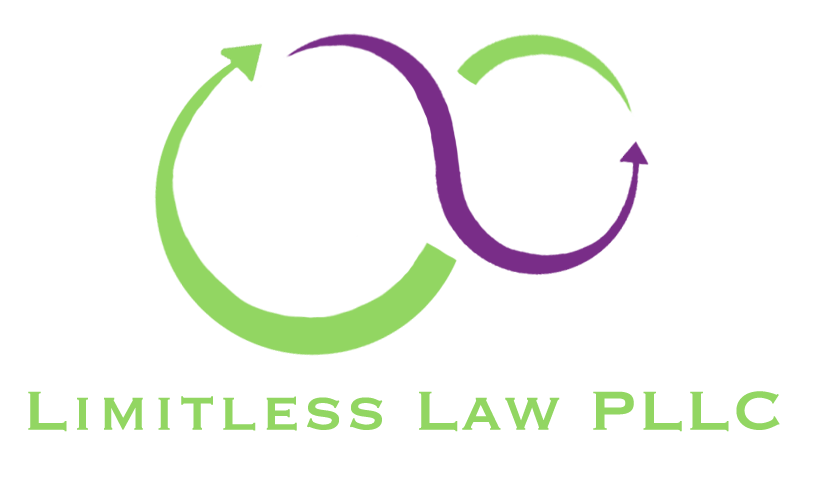Client Login
×Sign up to receive our Top Estate Planning Tips!
Sign Up to Receive Our Top Estate Planning Tips!
We will get back to you as soon as possible.
Please try again later.
TESTIMONIALS
– Elizabeth, a business client
–Charles Kirk
– Katherine, an estate planning client
You have a will, now what?
Congratulations, you have an estate plan! Hopefully, you feel a sense of calm and confidence that only comes with knowing that you have something in place to help your family manage your affairs in case something happens to you. Wills, Powers of Attorney, and Advance Directives (also known as Living Wills or Health Care Directives) all exist so that you can be assured that your wishes are honored when you cannot speak, and also to act as guiding hand to help your family during the difficult time following the loss of a loved one.
If prepared and executed correctly, estate planning documents should be flexible enough to adjust to your changing life over the years. However, legal documents sometimes require maintenance so they are able to properly protect you.
When you first received your estate plan, you were probably advised to give copies to your power of attorney or executor. In Washington State, the original of your will must be presented to the court upon your death and a copy normally will not work, except in special circumstances. Because of this, you must be sure to keep the original in a safe place, such as a fireproof box.
Your local County courthouse may allow you to deposit your original will in their vault for a small fee. Once placed in the court vault, your will can normally only be withdrawn by you or your executor. A safety deposit box at a bank which also has restricted access. If your executor wishes to open probate they will need a copy of your will, however under banking regulations if you are not added onto an account to access the safety deposit box you will need authority of probate to access your Will. This catch twenty two will need to be considered before you decide where to secure the original version of your Will.
Take extra care to make sure that your bank and other financial institutions know your desires as far as who will inherit your accounts as well. Certain assets, including life insurance, retirement accounts, investment and bank accounts, have named beneficiaries will receive the funds in these accounts after your death without the need for probate. This also means that you need to make sure that the beneficiaries on your bank and investment accounts match your wishes for who gets these accounts when you pass away. If you named someone on an old account, say a retirement account from when you first started your career, they will receive those funds, even if they are not mentioned in your will, and even if you intended those funds to go to someone else. There have even been cases where ex-partners have received funds unintentionally because the person who passed away never changed the beneficiary information with the bank or insurance company. Part of the care you will need to take in order to make sure your estate plan doesn’t have its growth stunted is to make these changes at the same time you make your estate plan, so it clearly indicates where the funds are intended to go.
Estate planning is an ongoing process, but it can be confusing. If you have questions about your estate plan or need help with updates, we invite you to call Limitless Law PLLC at 360-685-0145.
The post You have a will, now what? appeared first on Limitless Law PLLC.
TESTIMONIALS
–Charles Kirk
– Elizabeth, a business client
– Katherine, an estate planning client
Sign up to receive our Top Estate Planning Tips!
Sign Up to Receive Our Top Estate Planning Tips!
Thanks for joining our mailing list. Click the button below to download our Top Estate Planning Tips PDF.
Please try again later.
© 2023 Limitless Law PLLC. All Rights Reserved. Privacy Policy Terms & Conditions






